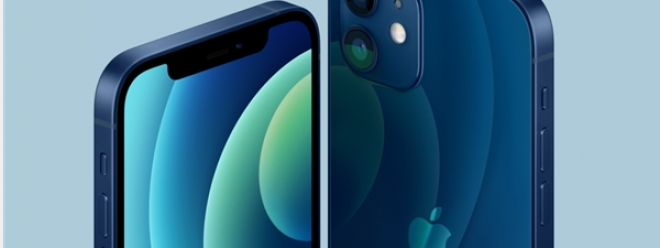Too many loopholes Apple iPhone was asked to shut down 2G network: Android has been implemented in advance

The GSM 2G network has a history of more than 30 years, and there are still many services that require 2G, but the network has too many security holes, Google has supported the function of disabling 2G in Android, and now the EFF Electronic Frontier Foundation also requires Apple Learn Android, and also let the iPhone allow the 2G network to be turned off.
Google has added a feature switch in Android 12 that enables or disables the "Allow 2G" feature in the SIM card settings.
The EFF Foundation praised Google's approach and asked Apple to follow up and add the function of turning off the 2G network in the iPhone, which is not currently supported by Apple.
They do this in the hope of improving the security of mobile users, because there are too many security loopholes in the 2G network. We have introduced it before. The 2G network came out in 1991 and has a history of more than 30 years. At that time, there was not much consideration for security. The technology is not very good, and there are two main security risks:
The first is that the 2G network uses weak encryption between mobile phones and cell towers, which allows hackers to easily intercept users' telecommunications and text messages, and even hack into mobile phones without sending any data packets.
Secondly, there is no base station authentication technology in the 2G network, so fake base stations are prevalent, and the spam text messages and harassing calls that many people receive are likely to be made by fake base stations, and there are many scams.
Starting from the 4G network, these vulnerabilities have been gradually fixed, but there are base station simulators that can be downgraded to the 2G network and continue to use the previous vulnerabilities, so now there are also mobile phone users who may encounter 2G security issues.
